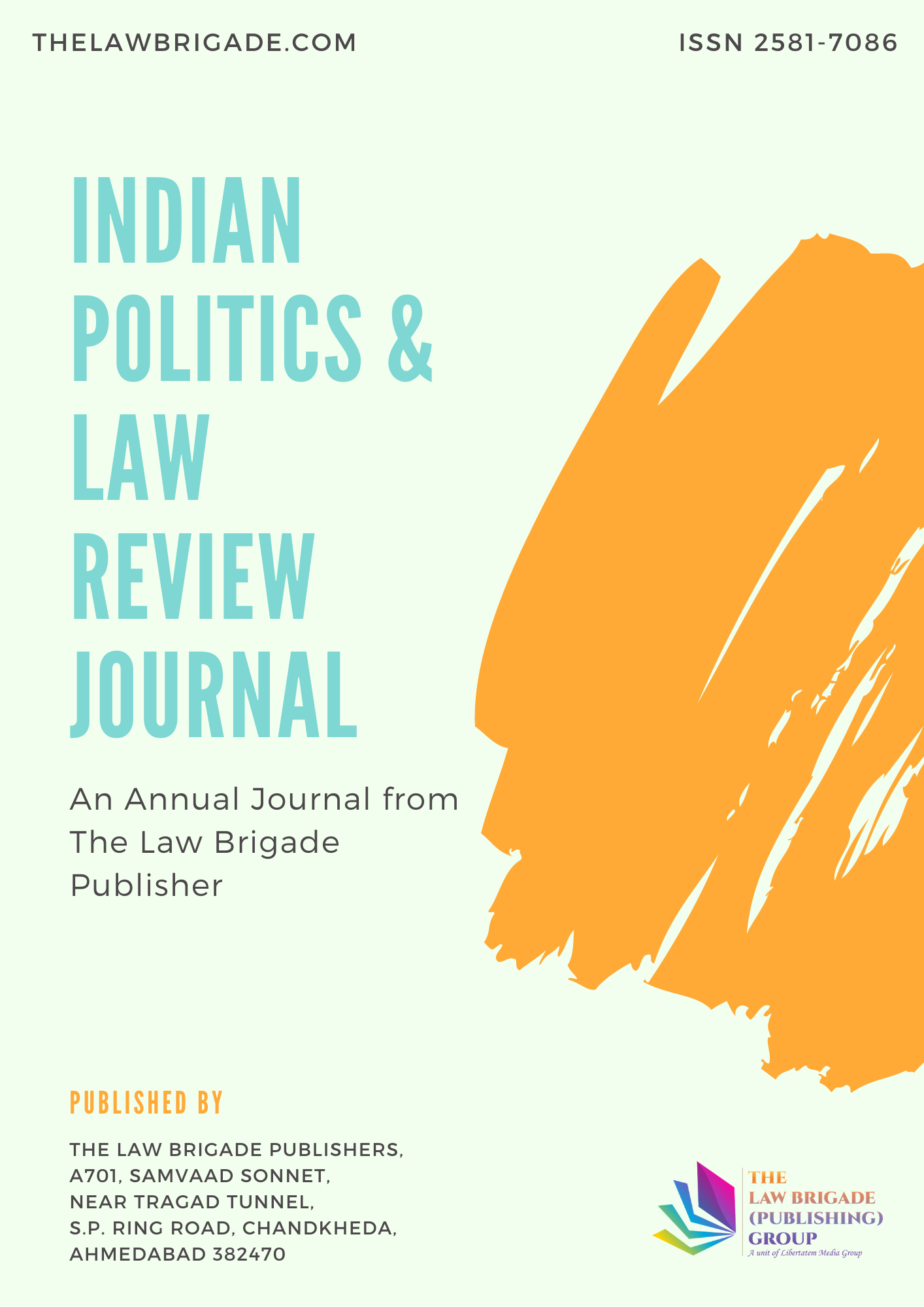Socialists and Marxists in India had no objective theories on nationalism. Their political position during the national movement in India was shaped by the international political milieu. Krishna Pillai’s transition from a Congress member to a communist cadre and leader help to understand his changing political perspective on violence and nonviolence. His ambiguous position on Gandhian nonviolence shows the complexity of socialist and communist perceptions of political means in an anti-colonial struggle. Unlike Gandhi, Krishna Pillai upheld peace and justice, not truth and nonviolence, as rightful means in political struggle. He advocated revolutionary spirit in political methods, not necessarily violent means.
Post Views: 1,159





